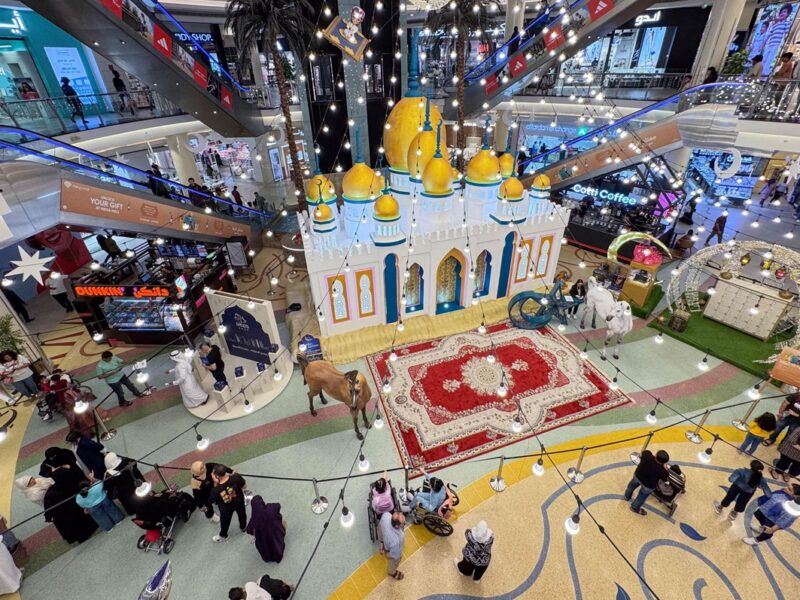Commercial office rents in Abu Dhabi have begun to stabilise and, in some cases rise, with demand levels in the second quarter 15 percent higher than they were last year, according to Knight Frank’s biannual Abu Dhabi Office Market Review for summer 2021.
While office rents remain lower than they were five years ago, the UAE’s projected economic recovery is likely to increase demand for top notch office spaces, said Faisal Durrani, head of Middle East Research, Knight Frank.
“Businesses continue to zero in on best-in-class office space, a trend that has been supercharged by the pandemic. With the exception of the Corniche-Downtown area, office rents are still below where they were five years ago, which is adding to the appeal of an office upgrade,” explained Durrani.
“The overarching theme echoes other global cities, where businesses are actively targeting the very best offices as a way to mitigate against staff attraction and retention challenges, an issue that will transcend the pandemic and only intensify further. Coupled with the projected economic recovery in Abu Dhabi and the UAE, businesses are going to have to work hard to fill vacancies and occupying first class office space is going to be a critical tool in the armoury in the war for talent,” he continued.
Although rents have begun to recover in the UAE capital’s best buildings, vacancy rates have remained relatively stable. This is in part driven by landlords’ needs to boost their rental income in order to meet their financing obligations and so some are perhaps adjusting rents upwards without new demand to support any increases, Knight Frank’s report indicated.
“While it may be true that some landlords are attempting to create an illusion of a squeeze on vacant stock, new space requirements are rising. Demand levels in Q2 were about 15 percent higher than last year, fuelled by the banking and finance sector, alongside the healthcare and education sector, each of which accounted for about 20 percent of new demand,” said Durrani.
“Interestingly, the healthcare and education sector’s requirements are in part stemming from the government’s decision to manufacture Sinopharm Covid-19 vaccines at KIZAD, which is boosting office space requirements from healthcare-linked businesses, some of whom are looking for a first base in Abu Dhabi,” he added.
 Faisal Durrani, head of Middle East Research at Knight Frank
Faisal Durrani, head of Middle East Research at Knight Frank
At 17.8 percent, the industrial and logistics sector accounted for the third largest source of new space requirements, with the largest single source of demand being for 2,000 sqm of space in the Capital Centre area, as per Knight Frank’s review.
Israeli tech businesses, looking for a first presence in the UAE following the normalisation of relations between the two states in September 2020, are also driving demand.
Market wide vacancy in Abu Dhabi’s office market stood at 21.7 percent at the end of Q1 2021, down slightly from 21.9 percent at the end of last year, meanwhile prime office space registered a vacancy rate of 25.6 percent at the end of Q1 2021, down from almost 29 percent in Q1 2020.






